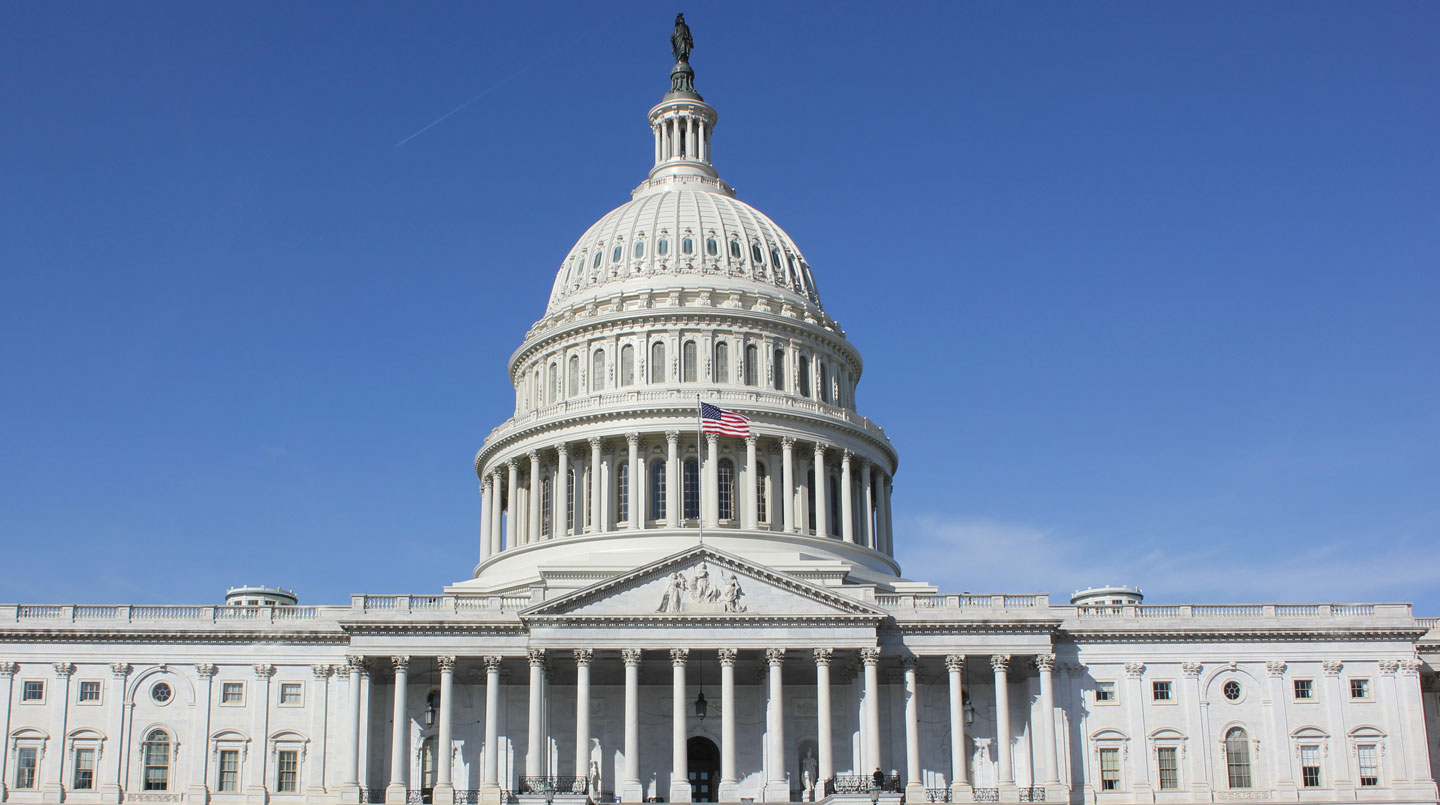Ballotpedia’s Administrative State Legislation Tracker captured 196 bills introduced in the 2025 legislative session as of Jan. 17. Legislators in 28 states and Congress filed bills, including policy proposals related to oversight of regulations, judicial deference to agencies, agency use of artificial intelligence (AI) surveillance, regulation budgets and limitations, cost-benefit analysis requirements, agency appointment processes, and occupational licensing and permitting.
Six of the tracked bills are in Congress, and 190 bills were introduced or pre-filed in the following states:
- 32 bills in Virginia,
- 22 bills each in Montana and Texas,
- 19 bills in Maryland,
- 12 bills in New Jersey,
- 10 bills in Missouri,
- eight bills each in Kentucky and Washington,
- seven bills in Connecticut,
- six bills in Wyoming,
- five bills each in Florida and Utah,
- four bills each in Illinois and Oregon,
- three bills each in New York, South Carolina, and Pennsylvania,
- two bills each in California, Colorado, Arizona, Maine, New Hampshire, and Tennessee; and
- one bill each in Michigan, North Dakota, Nevada, Oklahoma, and South Dakota.
There were 86 bills introduced or pre-filed in states with Republican trifectas, 63 in states with Democratic trifectas, and 47 in states with divided governments. Eighty-four (84) bills were introduced by Republican sponsors, 64 were introduced by Democrat sponsors, 17 were introduced with bipartisan sponsorship, and 32 did not have any individual legislators listed as sponsors.

Ballotpedia categorized 83 bills as having a net decrease in agency authority. Ballotpedia categorized 82 bills as having a net increase in agency authority, many of which were creating a specific agency or initiating new regulatory authority.
The bills introduced included the following noteworthy state legislation:
- Pennsylvania HB114: Proposes:
- establishing the Independent Energy Office (IEO) within the Independent Regulatory Review Commission (IRRC);
- authorizing it to review the regulations or policies of an agency to determine if the actions may harm energy reliability and affordability;
- authorizing the office to request that agencies reverse actions it deems harmful, and block actions if the agency does not reverse them.
- Missouri SB350 and HB664: Propose requiring agency rules to gain approval from the general assembly before they can take effect for (a) all rules and (b) for administrative rules costing $250,000 or more, respectively.
- Montana LC1339/HB178: Prohibits state agencies from using artificial intelligence to surveil the public.
- Montana LC1784/HB52: Revises the state's Administrative Procedure Act to require courts to decide cases without deference to an agency's interpretation of a law.
- New Jersey S3163: Proposes establishing the Department of Diversity, Equity, and Inclusion within the executive branch in New Jersey, which would implement a statewide initiative to promote diversity, equity, inclusion, and accessibility in the state government workforce.
- New York S00930: Proposes:
- establishing a task force to review the New York Administrative Procedures Act (APA);
- requiring it to evaluate the APA for efficiency, efficacy, and how it involves the public in the rulemaking process; and
- requiring the task force to report their evaluation to the state legislature and recommend updates to the state's APA.
- Oklahoma SB5: Proposes establishing the Administrative Rules Division within the Legislative Office of Fiscal Transparency to review agencies' proposed rules and their potential impact, as well as evaluate their alignment with the Oklahoma Constitution and legislative intent.
- South Carolina HB3021: The bill was named "Small Business Regulatory Freedom Act" and
- requires the Small Business Regulatory Review Committee, consisting of 11 business owners, to review regulations pending reauthorization;
- requires agencies to cite specific statutory authority when promulgating regulations;
- establishes a regulatory budget requiring agencies to repeal two rules for every rule promulgated;
- requires mandatory cost-benefit analyses for rules;
- creates automatic expiration and periodic review processes for agency rules; and
- requires courts to review agency rules without deference to the agency's interpretation of a statute.
- Texas HB1259: Establishes the State Agency Rules Review Commission as a legislative committee consisting of eight legislators and three public members to review rules and determine agency rulemaking authority.
The 196 bills introduced also included legislation about specific agencies and regulations.
Want to go deeper?



